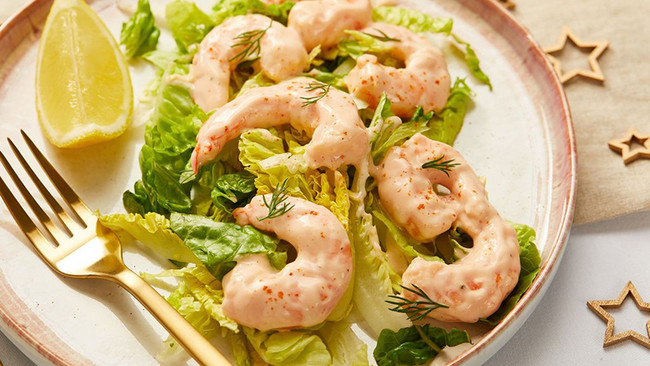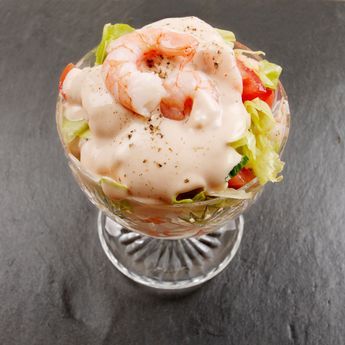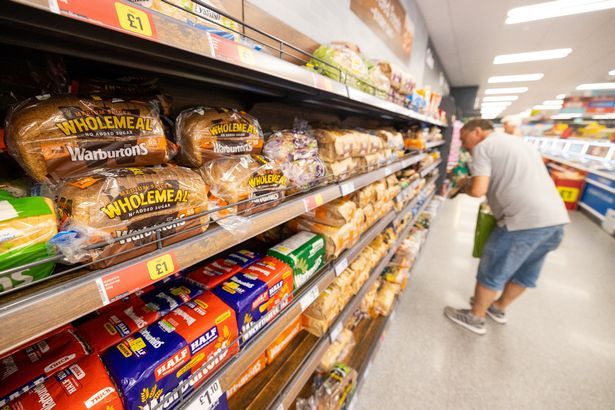✕

Column: industry Tag: Christmas,pre-Brexit quota,UK Published: 2022-07-12 09:25 Source: www.mirror.co.uk Author: Ruki Sayid

The UK is close to maxing out its quota of tariff-free prawns from Greenland (Image: Daily Record)
A prawn cocktail shortage could ruin Christmas dinner.
The UK is close to maxing out its quota of tariff-free prawns from Greenland, meaning the traditional festive meal starter may be off the menu.
The British Frozen Food Federation has asked the Department for Environment, Food & Rural Affairs for an urgent increase in the quota. BFFF chief executive Richard Harrow said: “Post- Brexit, there is no trade agreement in place with Greenland, one of the most important suppliers.”
An agreement is expected in the next six months – too late for Christmas, he told The Grocer.
By the end of summer, processors will be forced to import from elsewhere and stump up the full 20 per cent tax, raising prices.

The British Frozen Food Federation has asked the Department for Environment, Food & Rural Affairs for an urgent increase in the prawn quota ( Image: Getty Images)
Industry body Seafish said Greenland was one of the few countries able to meet the UK’s huge prawn demand.
Shoppers are also warned of dairy shortages as costs of animal feed, fuel and fertiliser all soar as farmers struggle for staff.
The shortage concerns come amid an ongoing cost of living crisis which has seen the prices of food rocket.
Households are expected to see their yearly food shopping bills hiked by £380 this year due to the soaring price of groceries, research shows.
New figures from analysts Kantar show that grocery price inflation jumped to 8.3 per cent over the four weeks to June 12.

Brits may see their annual grocery bills jump by £380 this year
That is an increase on seven per cent in May, and the highest level since April 2009.
The rising cost of food and groceries means the average yearly shopping bill will increase by £380 in 2022 – more than another £100 since April alone.
Shoppers are increasingly swapping branded items for cheaper own-label products as they look to manage their budgets, according to the research.
Sales of branded products fell by one per cent in the 12 weeks to June 12, while own-label sales rose by 2.9 per cent and value own-label lines surged by 12 per cent.
Previous:Cost of making child's lunchbox on the rise - check prices from Aldi to Tesco
Next:How Rising Food Costs Encourage Chefs To Repurpose Food
Hot key words
Hot Products
Popular Vendors